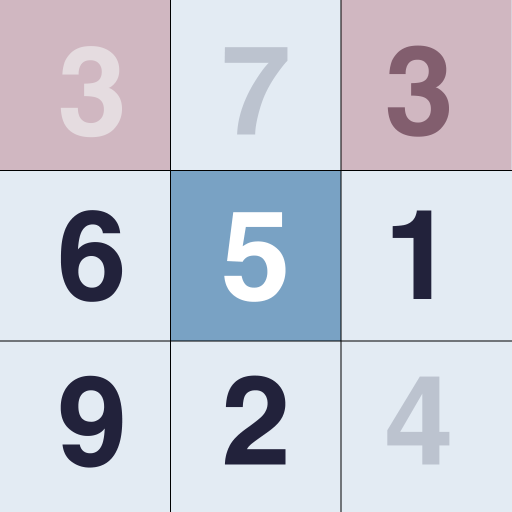
10 frequently asked questions numbers puzzles
-
What are number puzzles? Number puzzles are games that require players to arrange or manipulate numbers in a specific way to solve a problem or reach a solution. Examples of number puzzles include Sudoku, Kakuro, and KenKen.
-
What is Sudoku? Sudoku is a popular number puzzle that involves a 9x9 grid divided into nine 3x3 sub-grids. The objective is to fill the grid with digits from 1 to 9 in such a way that each row, column, and sub-grid contains all nine digits without any repeats. Start playing sudoku now.
-
What is Kakuro? Kakuro is a number puzzle that combines the elements of crossword puzzles and Sudoku. The puzzle consists of a grid with blank cells that must be filled with digits from 1 to 9. The sum of the digits in each horizontal or vertical group of cells must equal the number shown in the clue for that group. Learn about japanese puzzles and games.
-
What is KenKen? KenKen is a mathematical puzzle that requires players to fill in a grid with digits from 1 to the size of the grid in such a way that each row and column contains unique digits, and the cells in each cage (group of cells) combine to equal a specific number using a specified operation.
-
How do I solve a Sudoku puzzle? To solve a Sudoku puzzle, start by filling in any obvious numbers or candidates in the grid, and then use logic and deduction to fill in the remaining cells. Common techniques include scanning for unique candidates, using crosshatching, and looking for hidden pairs or triples. Learn how to solve sudoku in 1 minute
-
How do I solve a Kakuro puzzle? To solve a Kakuro puzzle, start by filling in the blank cells with the digits that fit the sum and the length of the group. Then use logic and deduction to eliminate possible combinations and narrow down the solution.
-
How do I solve a KenKen puzzle? To solve a KenKen puzzle, start by filling in any obvious digits or candidates, and then use logic and deduction to fill in the remaining cells. Techniques include identifying cages that can only have one possible combination, using crosshatching, and looking for hidden pairs or triples.
-
Are number puzzles good for the brain? Yes, number puzzles have been shown to improve cognitive function, memory, and problem-solving skills. They can also be a fun and challenging way to relax and unwind.
-
Where can I find free number puzzles online? There are many websites that offer free number puzzles online, including Puzzle Baron, BrainBashers, and Conceptis Puzzles. Some newspapers also feature daily number puzzles in their print or online editions.
-
Can I create my own number puzzle? Yes, with a little creativity and math skills, you can create your own number puzzle. There are also online tools and software that can help you design and generate puzzles, such as Puzzle Maker and Puzzle Forge.
-
Bonus: What is the point of sudoku?
Sudoku is a popular puzzle game that can provide several benefits, including:
Mental exercise: Playing Sudoku can help keep your brain active and engaged, which may help improve your memory, concentration, and problem-solving skills. sudoku health benefits.
Relaxation: Many people find playing Sudoku to be a calming and meditative activity that helps them unwind and reduce stress.
Entertainment: Sudoku is a fun and challenging game that can be enjoyed alone or with others, making it a great way to pass the time and have fun.
Improved logical thinking: Solving Sudoku puzzles requires logical thinking and deduction skills, which can be useful in many areas of life, including work, school, and everyday problem-solving.
Overall, the point of Sudoku is to provide a challenging and enjoyable mental exercise that can help improve your cognitive skills while providing a sense of relaxation and enjoyment.

Previous: Sudoku and Mental Health: How Puzzles Can Help Reduce Stress and Anxiety | Next: How to Create Your Own Sudoku Puzzles
